
IIT Madras Again Give a New Research: Water Droplets Creating Nanoparticles in Everyday Transformations
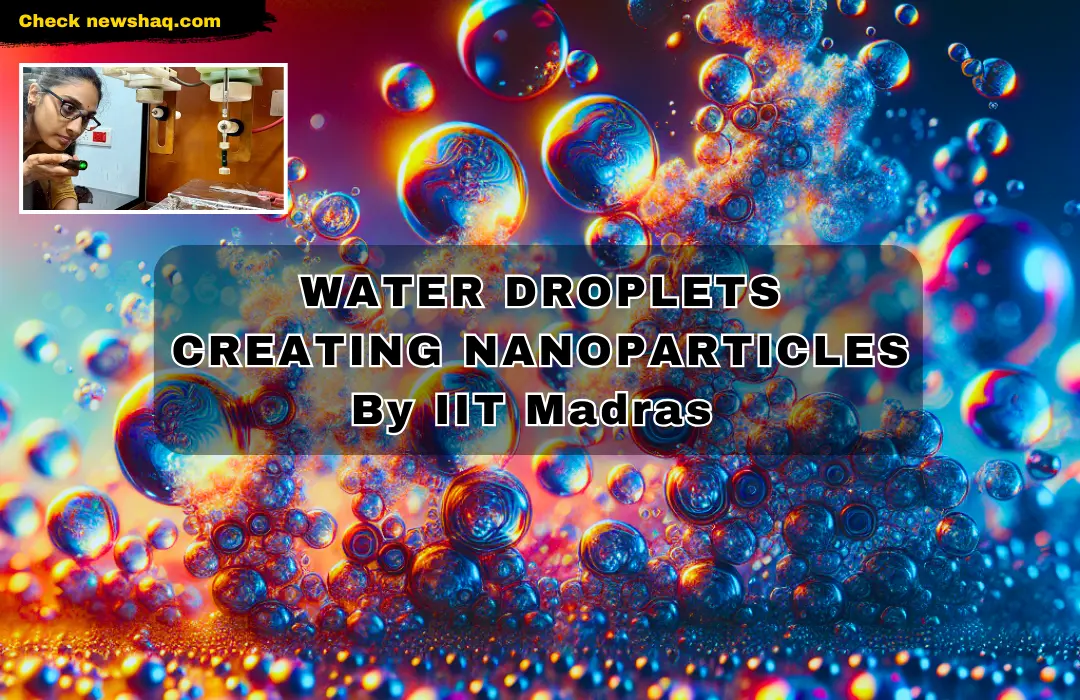
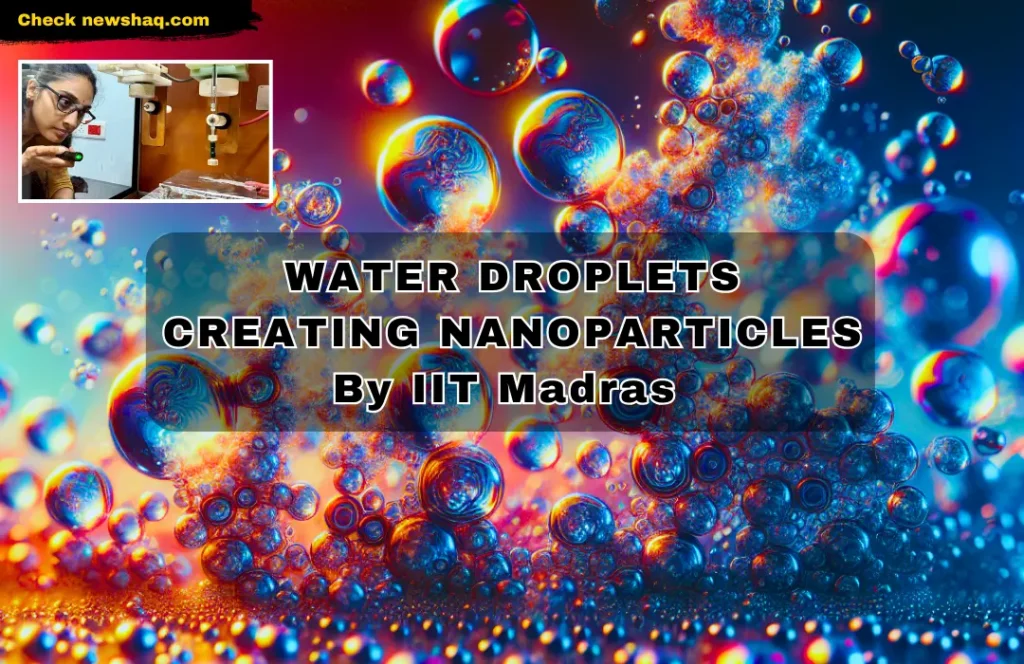
Natural Minerals Broken by Water Droplets Form Nanoparticles
Press Release: Indian Institute of Technology Madras (IIT Madras) researchers have demonstrated that water microdroplets can break down common minerals like river sand, ruby, and alumina into nanoparticles within milliseconds.
Key Findings:
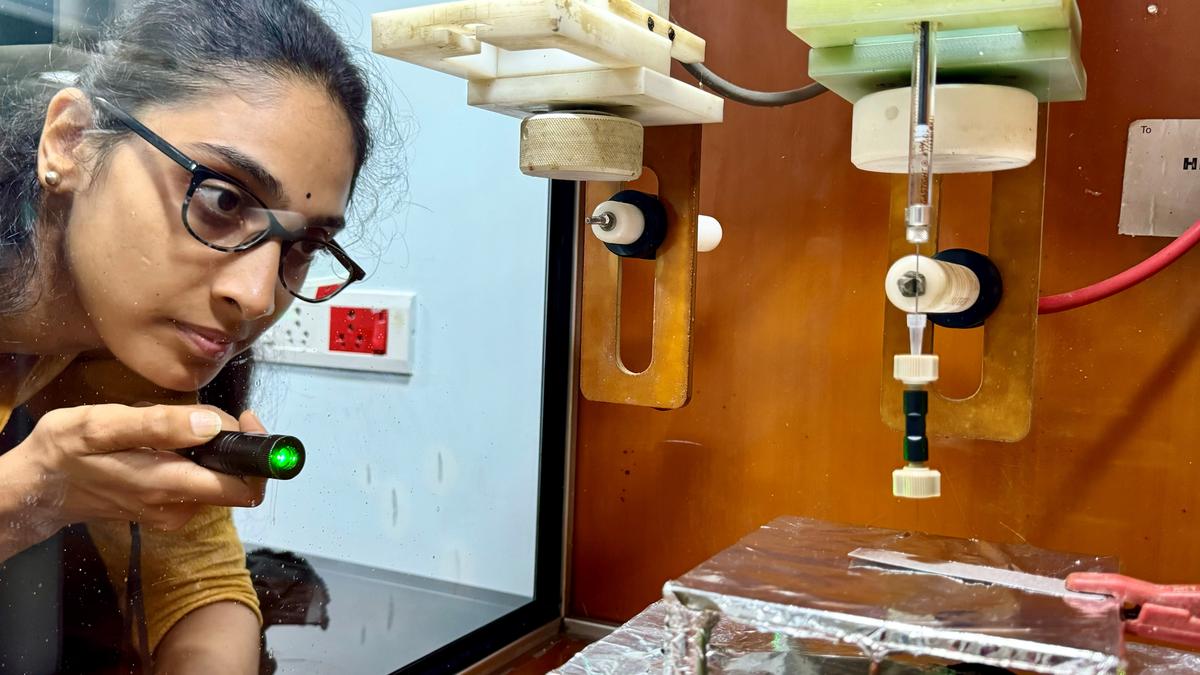
- Research Discovery: Water microdroplets can break down common minerals like river sand, ruby, and alumina into nanoparticles within milliseconds.
- Significance: This process might be crucial for chemical and biological evolution on Earth, potentially influencing the origin of life.
- Research Leaders:
- Prof. Thalappil Pradeep: Institute Professor, Chemistry Department, IIT Madras, Padma Shri awardee.
- Ms. B. K. Spoorthi: First author of the research paper, recently completed her PhD at IIT Madras.
- Computational Work: Conducted by Ms. Koyendrila Debnath under Prof. Umesh V. Waghmare at JNCASR, Bengaluru.
Detailed Insights:
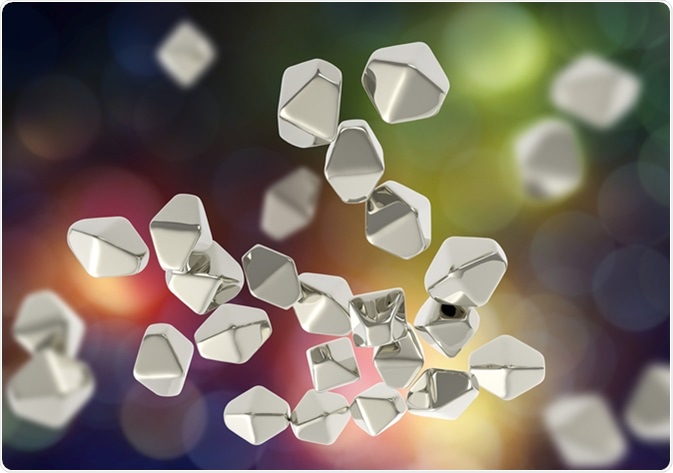
- Publication: The findings were published in the 'Science' journal on May 31, 2024 (DOI: 10.1126/science.adl3364).
- Process: Atmospheric water droplets, such as those in clouds and fog, can become charged due to ionic species and contact electrification. These charged microdroplets can break minerals, creating nascent surfaces where various catalytic reactions can occur.
- Mechanism: The breaking of minerals may occur through 'proton-induced slip,' where atomic layers in the minerals slip between each other, aided by protons present in the microdroplets.
- Applications: This research offers a transformative technique for soil formation, speeding up the natural weathering process from centuries to moments. This method also advances nanotechnology and materials science, enabling sustainable and efficient nanoparticle production for various industrial applications.
Future Implications:
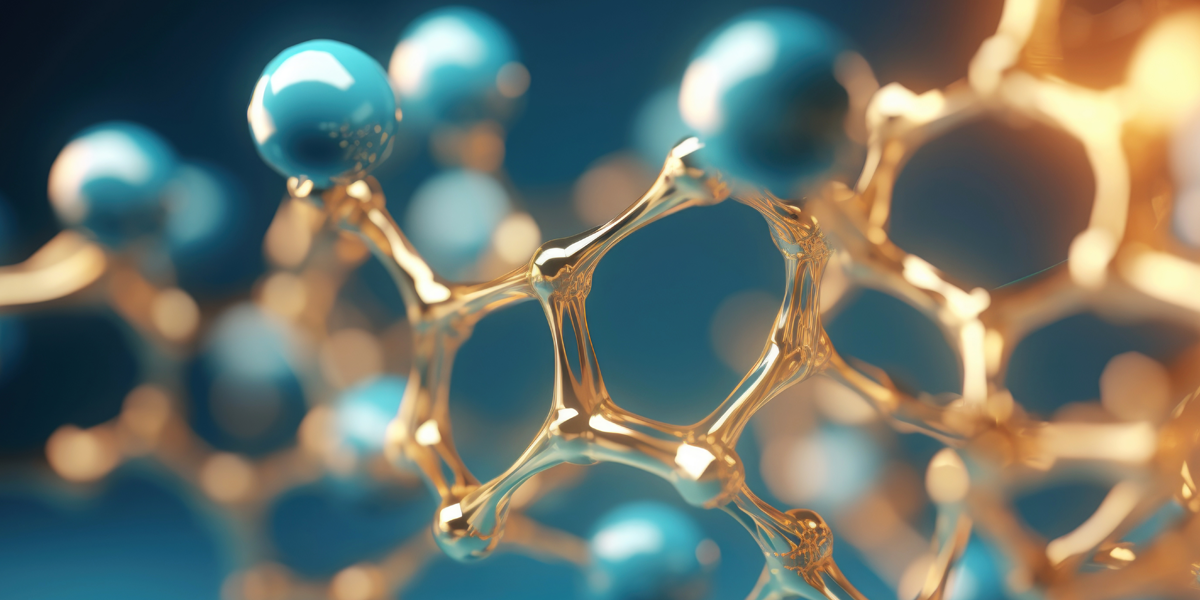
- Environmental Impact: The rapid weathering process could play a significant role in soil formation, which normally takes 200-400 years to form one centimeter of soil through natural weathering.
- Agricultural Benefits: Nanoparticles of minerals such as silica are crucial for the growth of crops like rice and wheat. This discovery could help transform deserts into fertile land.
- Further Research: Understanding the mechanism behind this phenomenon will stimulate many fundamental scientific studies.
Quotes:
- Prof. Thalappil Pradeep: "Microdroplets are known to enhance chemical reactions, forming new chemical bonds. We hypothesized that they might also break chemical bonds, leading to this discovery."
- Ms. B. K. Spoorthi: "This finding dramatically accelerates natural weathering processes, offering significant environmental benefits and advancing nanotechnology."
We have a dedicated team of three passionate individuals working tirelessly to bring you the news you need. Our team is led by Kaushalendra, the visionary owner and founder of Newshaq, who is committed to simplifying news delivery. Alongside Kaushalendra, we have two other team members who are equally dedicated to our mission of making news accessible and understandable for all.























Post Comment